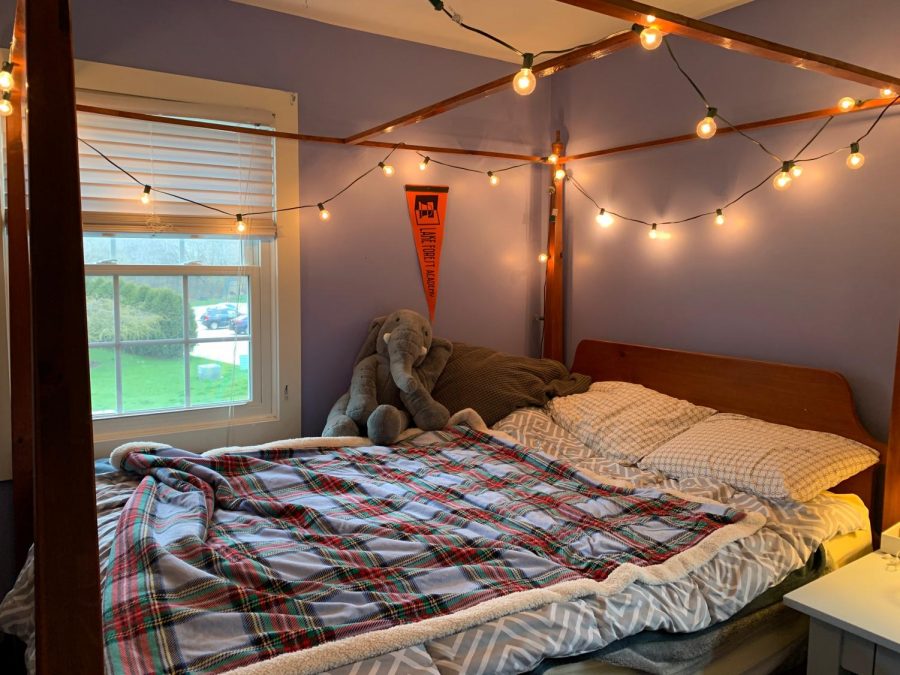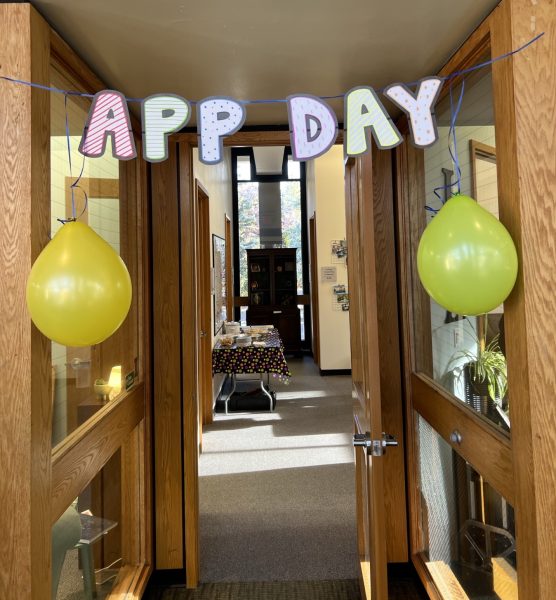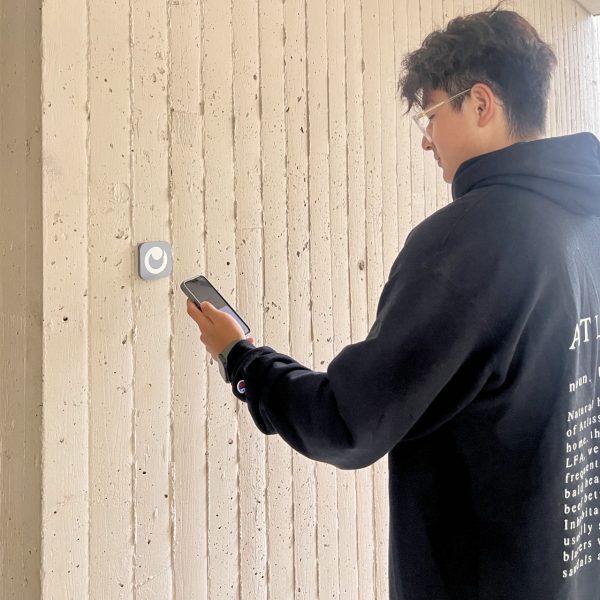Editorial: Ways to cope during quarantine
Photo by Tyler Watts
The Spectator staff offers simple ways to cope with quarantine by enhancing or stabilizing our moods.
May 4, 2020
In the face of a pandemic, health and wellbeing should be prioritized; however, emotional wellness is a significant area of life that is also impacted by our experiences in regards to Coronavirus. We at The Spectator hope that you and your loved ones are doing your best to remain well in all realms of life. There are several ways that we enhance or stabilize our mood everyday without realizing it: staying hydrated (and caffeinated), listening to music, and communicating with friends. Here are a few of our tips on how to take care of your mental health during Covid-19:
Make your bed– Although for many it is a dreaded chore, making your bed in the morning is a small and healthy habit to incorporate in your everyday routine. This can be accredited to the fact that it gives you a small sense of accomplishment to kickstart the day, a feel-good vibe that will keep you motivated to complete other tasks, whether they’re as daunting as that calculus homework or as basic as brushing your teeth. No matter where you are staying, making the bed improves the aesthetic of the space. Additionally, going through the motions of rearranging your bed tells your mind and body that it is no longer time for sleep. You’ll be less inclined to get back in bed once you’ve made it up so nicely!
Set a routine- Getting into a pattern for the day is a relatively intuitive process now that e-learning has started up. But if you’re struggling to make it out of bed and to “Zoom Academy” on time, create structure for your morning by setting alarms and using timers to stay on track. Take showers for renewed freshness and a surge of energy. Make breakfast, but if you don’t have time, fix yourself a nice coffee or tea to sip on for the rest of the morning.
Dress for the day– Although e-learning is an unprecedented (yet welcomed) break from LFA dress code, it’s not the worst idea to still dress for the day. Whether you feel better putting on dress code, jeans, a new set of sweats or leggings, changing from pajamas to new clean clothes for the day makes you feel more put together and more awake, instilling within you a greater sense of purpose and intention for the day ahead.
Begin personal projects- If you find yourself feeling bored or harboring restless energy, consider starting a personal project. Download Duolingo and brush up on that random language you’ve been wanting to learn. Start a blog or a youtube channel. Set or review your long term goals and consider how you can still work towards them in quarantine. While it can be great to channel your energy into work or new distractions, feel no pressure to over-exert yourself or keep your hands busy to simply go through the motions. Our society prizes productivity, and in this time we as individuals have more to resolve than work and output! Reflect, relax, and focus on what personally fulfills you. Heal and learn about yourself through introspection and doing what you enjoy!
Journaling/Personal writing- A helpful method to process emotions or document history is through keeping a journal for yourself. You can even write a letter to your future self using a free website as something to look forward to or be surprised by one day. Hopefully by the time you receive your email things will have improved compared to when you sent the letter!
Unplug from devices- Although our devices are great for connection and imperative to the e-learning experience, we learn the hard way through headaches and sore eyes that there is such a thing as too much screen time. Reading, cooking, writing, drawing, painting, playing vinyls, cassettes, or CDs, taking a nap, having conversations with those you live with, playing with a pet, or simply observing some silence are ways to avoid phones, tablets, computers, televisions, and game consoles, even for five minutes at a time. It will allow you to distance yourself from any stress and negativity you associate with electronics–the news, work, social drama, etc..
Get proper rest– Try to maintain a consistent and healthy sleep schedule. Given the stress and uncertainty of the current times, a night of sleep replenishes the body and carries us to a dream state, detaching us from the chaos of our awake state for at least seven or eight hours. For boarders in particular, not having enforced study hours or 10pm dorm meetings gives you full autonomy over your evenings. Structure your nights to give you the most peace of mind and get proper rest for the next day.
















